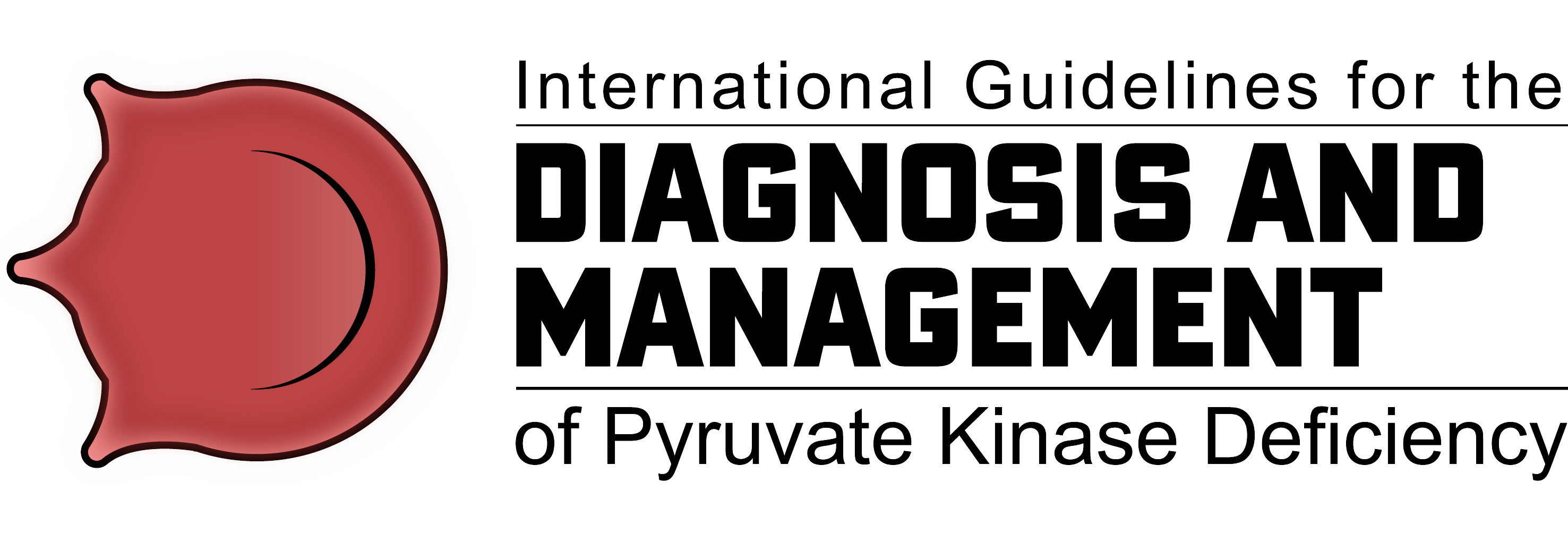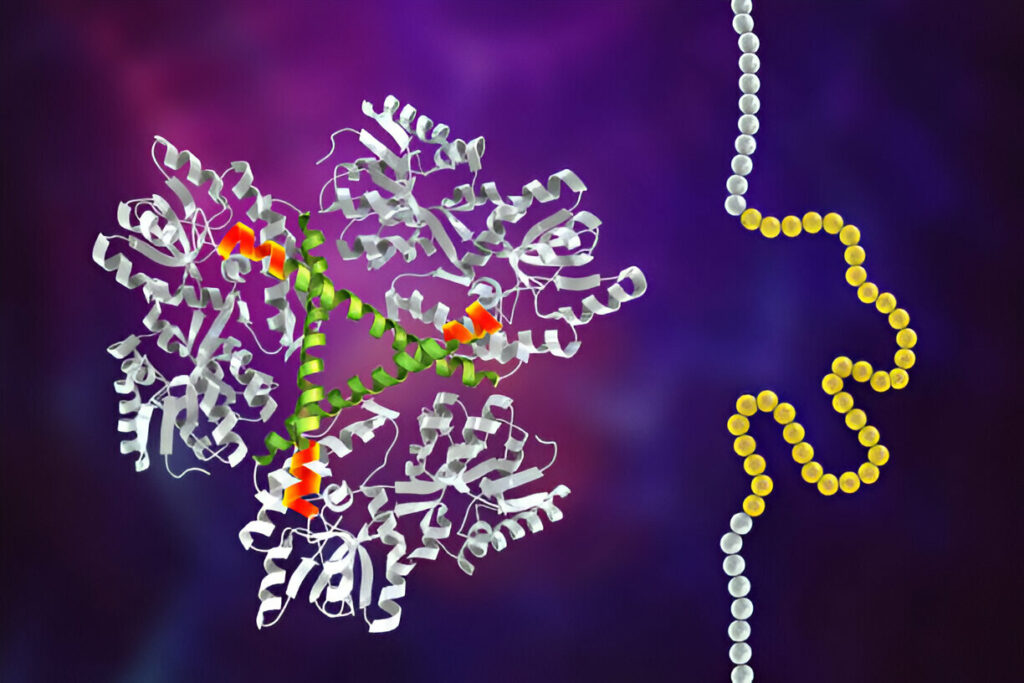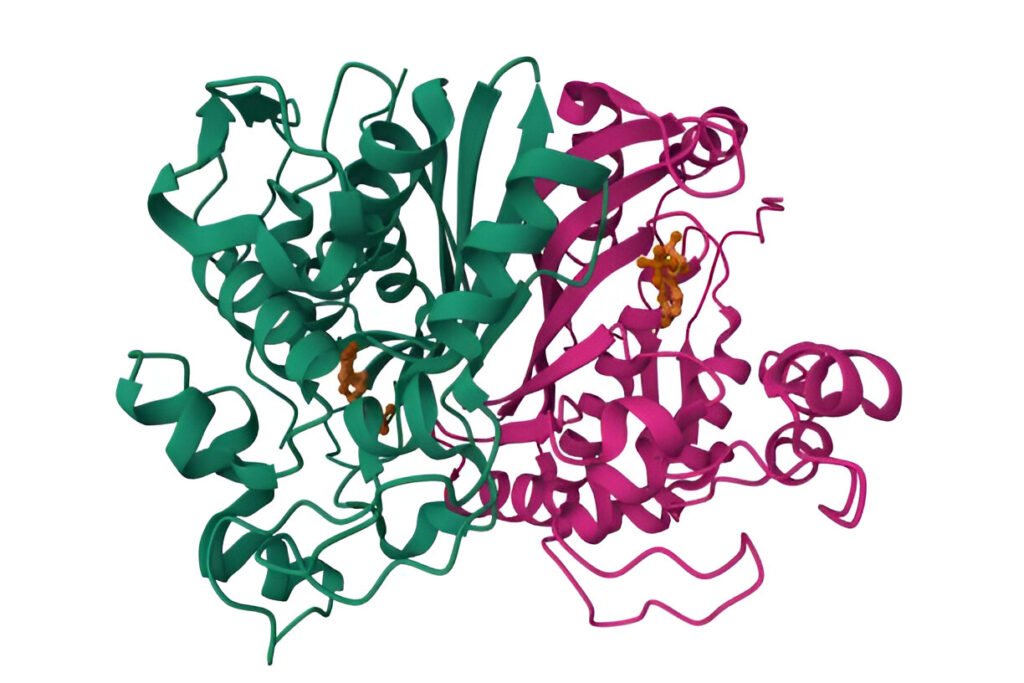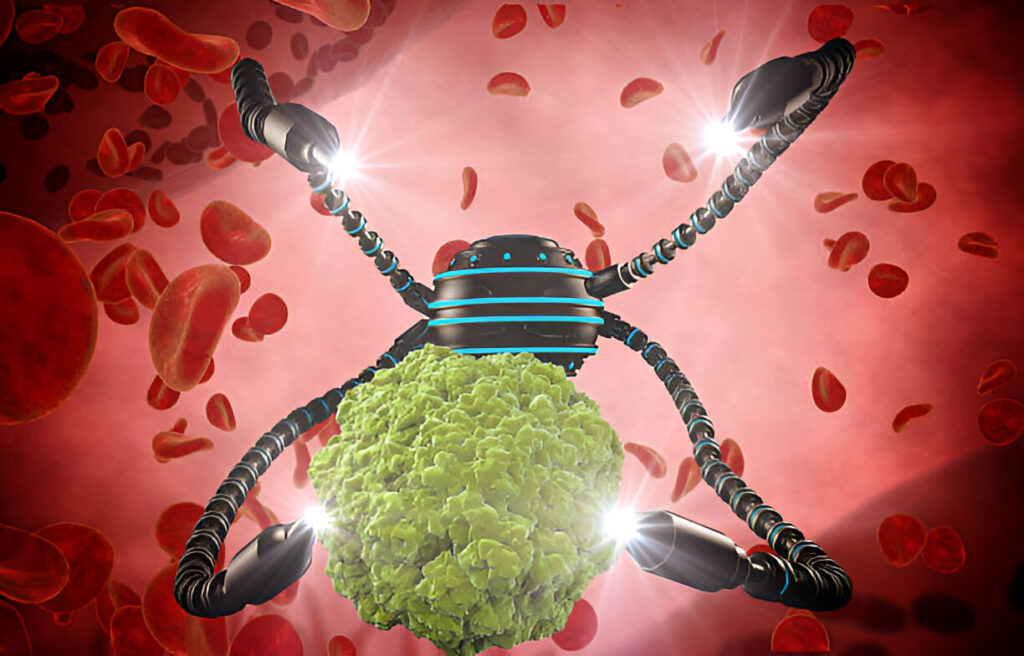Non-immune hemolytic is a rare but critical blood disorder. It occurs when red blood cells break down prematurely. Unlike immune-related anemia, the immune system plays no role. Conditions like non-spherocytic hemolytic and Pyruvate Kinase Deficiency often cause it. Understanding these conditions is key to better health outcomes.
Non-immune hemolytic occurs due to abnormal red blood cells. These cells can’t survive long. As a result, they die early. This leads to anemia and reduced oxygen levels in the body. Often, this condition stems from inherited disorders. One such disorder is Pyruvate Kinase Deficiency. This genetic defect disrupts energy production in red blood cells.
The disorder is serious but manageable. Early diagnosis is essential. Regular check-ups can identify the condition early. Medical history often plays a role. If your family has a history of blood disorders, you might be at risk. Genetic testing can confirm the diagnosis. Doctors can then plan treatments accordingly.
What Causes Non-Immune Hemolytic?
Several factors contribute to this anemia. Inherited conditions are the most common cause. Pyruvate Kinase Deficiency is a prime example. This condition affects the enzyme pyruvate kinase. Without this enzyme, red blood cells fail to function properly.
Non-spherocytic hemolytic anemia is another related condition. It causes red blood cells to break down abnormally. This leads to anemia and other symptoms. External factors like toxins or infections can also trigger red blood cell destruction. However, these cases are less common compared to genetic causes.
Symptoms to Watch For
Symptoms vary from mild to severe. Fatigue is the most common sign. It happens because the body gets less oxygen. Other symptoms include pale skin, dizziness, and shortness of breath. Jaundice can occur in severe cases. This happens when red blood cells break down too quickly.
Children with family pyruvate kinase deficiency may show signs early. They may have yellowing of the skin and eyes. Some children experience developmental delays. Early symptoms should never be ignored. A doctor’s visit can provide clarity and peace of mind.
Diagnosing the Condition
Diagnosing non-immune hemolytic anemia requires multiple tests. Blood tests are the first step. These tests measure red blood cell levels. A complete blood count can reveal low hemoglobin. It also shows if red blood cells are breaking down too quickly.
For Pyruvate Kinase Deficiency, doctors may recommend genetic testing. This confirms if the gene mutation is present. Enzyme activity tests are also useful. They measure how well pyruvate kinase functions in red blood cells. Once the diagnosis is clear, treatment can begin.
Treatment Options
Treatment depends on the severity of the condition. Mild cases may not need specific treatments. Regular monitoring and a healthy lifestyle can suffice. For severe cases, interventions are necessary.
Blood transfusions are a common treatment. They help replenish red blood cells. Transfusions provide immediate relief from symptoms. However, they are not a permanent solution. Iron chelation therapy might follow transfusions. This prevents iron overload, a common side effect.
Splenectomy is another option for severe cases. The spleen often destroys abnormal red blood cells. Removing the spleen can reduce this destruction. However, this surgery comes with risks. It increases susceptibility to infections. Therefore, doctors consider it only in extreme cases.
For Pyruvate Kinase Deficiency, enzyme replacement therapy shows promise. This therapy aims to restore pyruvate kinase activity. It is still under research but offers hope for the future.
Living with Non-Immune Hemolytic
Managing this condition requires lifestyle changes. A balanced diet is crucial. Foods rich in iron and folate support red blood cell production. Staying hydrated is also important. Dehydration can worsen symptoms.
Regular medical follow-ups are necessary. These visits monitor blood cell levels and overall health. Vaccinations are vital for patients who undergo splenectomy. They protect against infections.
Support groups can provide emotional help. Living with a chronic condition can be isolating. Connecting with others facing similar challenges helps. It also offers practical tips for daily management.
Understanding Pyruvate Kinase Deficiency
This genetic disorder is rare but significant. Pyruvate kinase is essential for red blood cell energy. Without it, cells cannot maintain their shape. This leads to premature breakdown.
The condition is inherited in an autosomal recessive pattern. This means both parents must carry the gene mutation. Symptoms often appear in infancy. However, some cases remain undiagnosed until adulthood.
Treatment for this condition overlaps with other forms of non-immune hemolytic. Blood transfusions and splenectomy are common. Enzyme replacement therapy offers specific benefits.
Advances in Research
Research is ongoing for better treatments. Gene therapy is a promising area. It aims to correct the underlying genetic defect. Clinical trials are testing its effectiveness.
New medications are also under development. These drugs target red blood cell stability. They aim to reduce the need for transfusions. Advances in enzyme replacement therapy continue. Scientists are improving its delivery and efficacy.
Public awareness plays a role too. Understanding the condition can lead to earlier diagnoses. Advocacy groups are spreading knowledge about these rare disorders.
Conclusion
Non-immune hemolytic and related conditions like Pyruvate Kinase Deficiency require attention. Early diagnosis and proper management make a difference. Though the condition poses challenges, advancements in research bring hope. A proactive approach ensures better health and quality of life.




